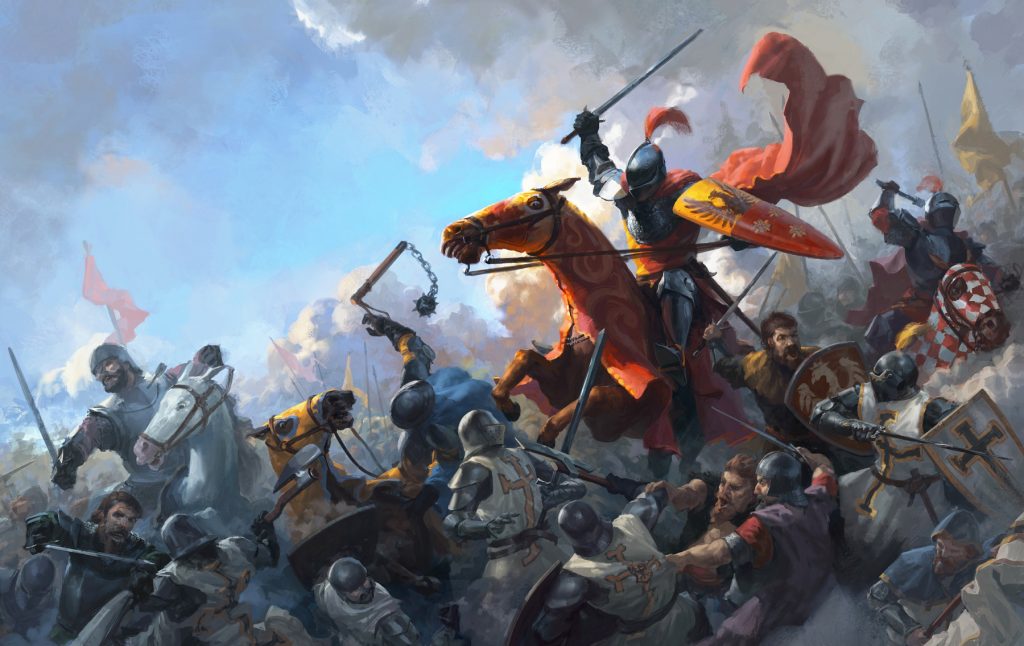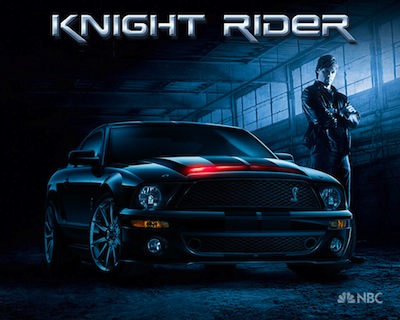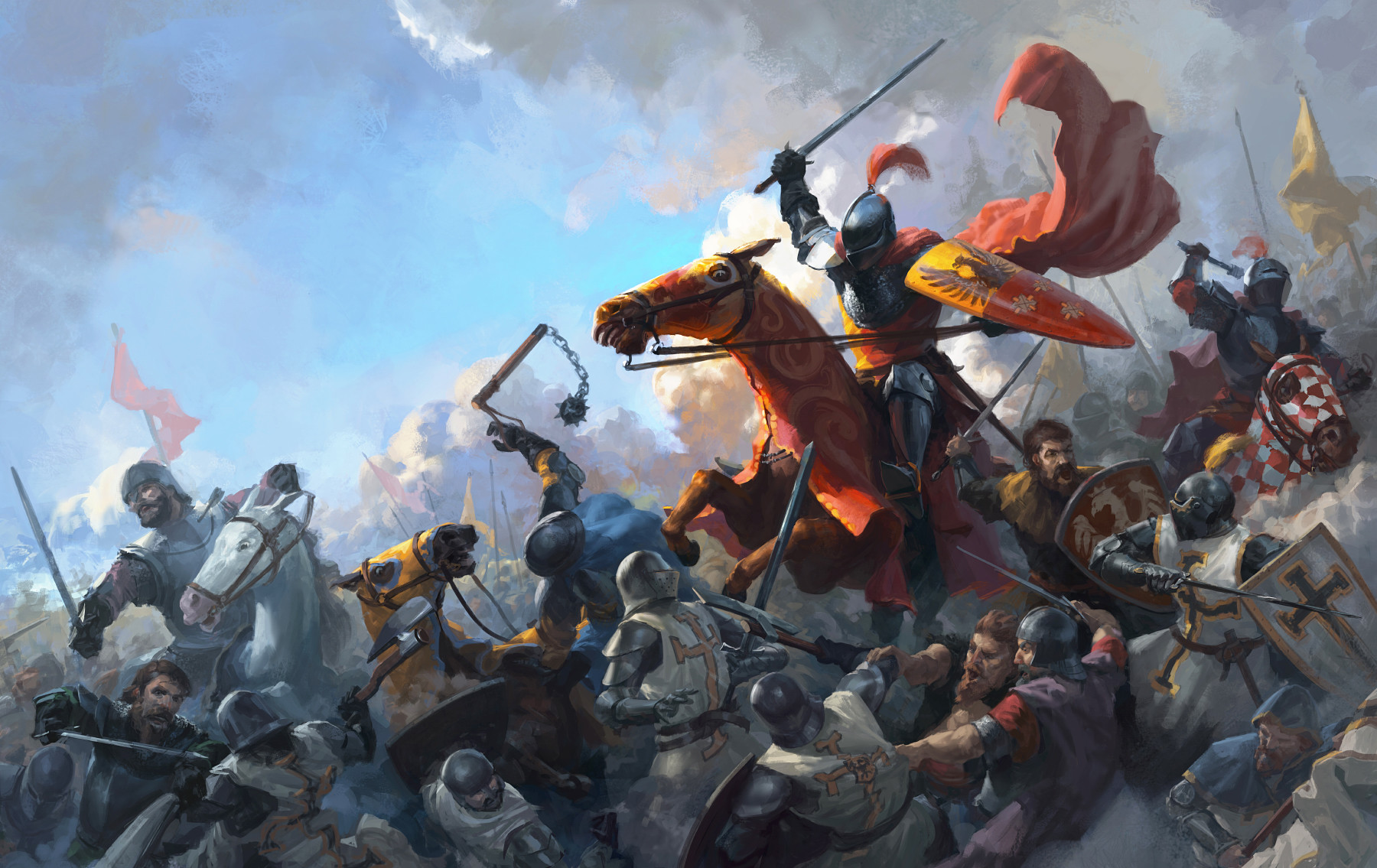So I wrote a novel. Naturally, when people learn that, they often ask, “What’s your novel about?” or, “What kind of novel is it?” or, “What are you, nuts?” And then I have to answer them.
Ignoring that last question, I could call The Mason of New Orleans a fantasy novel. But there’s not really a lot of fantasy in it. Obviously (if you’ve read even the first few paragraphs—if you haven’t, you can grab a few chapters for free here), the whole thing hinges on a pretty big fantastical element right out of the gate: the transportation of a modern character into the 12th Century. I’d be lying if I said this time travel had no significance beyond hurtling a modern voice into the setting. That said, while there are a few swords, there’s precious little sorcery. More substantively, the book is not an exploration of a world driven more by mystical forces than the rational. (I think. Maybe I need to give that one some more thought.) Anyway, I don’t think the “fantasy” handle fits.
So I usually say it’s an historical novel, set in the age of the Crusades and with a little supernatural stuff thrown in. Wikipedia (quoting Britannica) says an historical novel “has as its setting a period of history and attempts to convey the spirit, manners, and social conditions of a past age with realistic detail and fidelity (which is in some cases only apparent fidelity) to historical fact. The work may deal with actual historical personages, or it may contain a mixture of fictional and historical characters.” Seems to fit the bill.

Of course, time travel is hardly historical (so far as we know anyway), and while the supernatural is pretty subdued in this book it’s not entirely absent. But Britannica goes on to say that “one type of historical novel is the purely escapist costume romance, which, making no pretense to historicity, uses a setting in the past to lend credence to improbable characters and adventures.” So if that counts, maybe my liberties can be forgiven.

To my ear, for what it’s worth, “historical novel” sounds a bit more dignified than “fantasy.” Maybe that’s because I have delusions of snobbery (not that my love of fantasy fiction and games is any sort of secret). Or maybe I’m just desperate to justify throwing a year of my life into this thing, and “historical novel” sounds more grown-up. Whatever.
But claiming to write an historical novel comes with a bit of baggage: That darned history. Seems if you want to grasp that “historical” title, you have to deal with the historical. Britannica’s “apparent fidelity” bit gives one a little leeway, but one must at least attain a decent level of veracity, a sense that the story is really set in the setting it’s said to be set in (if you see what I mean). Which basically means its level of historical detail has to go beyond common knowledge—the book needs to know at least as much history as the average reader.
And if you’re really going to sell it as an historical novel, it must be historically “correct” enough not to offend actual history buffs. (I was going to write “actual historians,” but I don’t think they’re the real problem. Armchair historians are worse, because like most nerds they only respect one’s information if it’s demonstrably superior to their own.) Because a history buff who doesn’t like your history won’t just not like your book—he’ll hate it. Perhaps enough to say unpleasant things about it on Amazon or iBooks. And nobody wants that.
Do I pass the test? If you’ve read The Mason of New Orleans, or even just the preview I linked above, maybe you have an opinion. I’ll examine a few aspects of the book in a future post.

